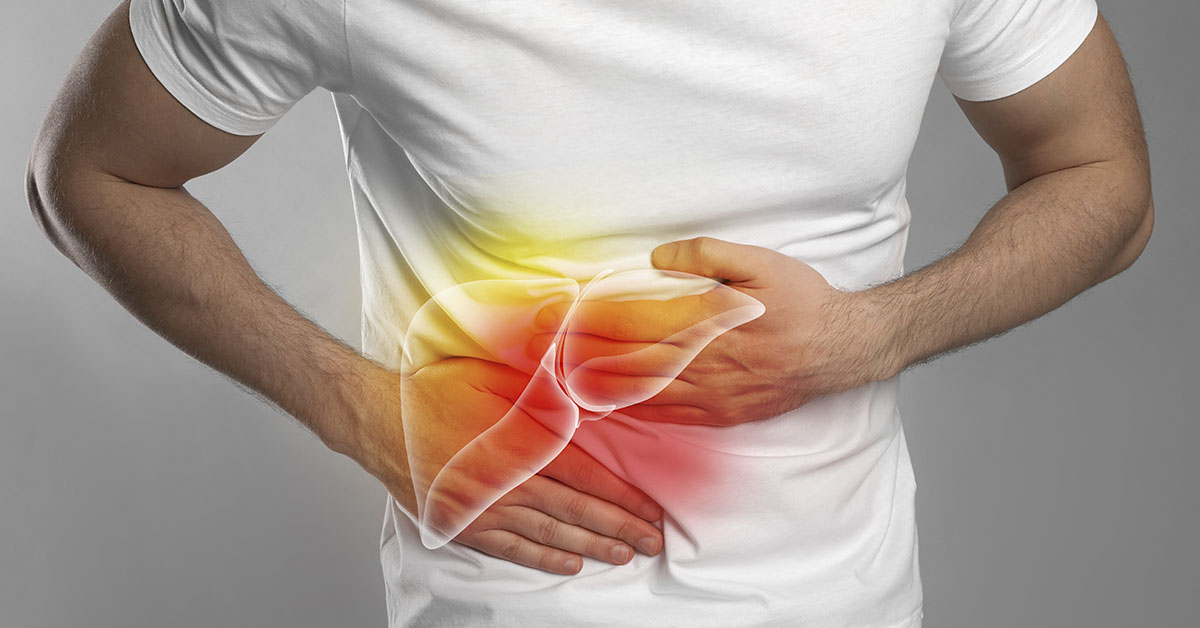The liver is an essential organ that performs numerous vital bodily functions. It plays a crucial role in digestion, detoxification, metabolism, and energy production. The liver is often referred to as a “forgiving” organ because it has the ability to regenerate itself to a certain extent. However, continued damage can lead to inflammation, scarring, and cirrhosis, affecting functionality. These are the nine signs of liver damage and ways to protect your liver health. (1, 2)
9 Signs of Liver Damage and How to Protect Your Liver
As already stated, the liver does a very good job of regenerating itself. That being said, certain illnesses and behaviors can still damage it, sometimes beyond repair. These are the signs that your liver is damaged and what you can do to prevent this from happening. (3)
1. Fatigue and Tiredness

One of the common signs of liver damage is fatigue and tiredness. Although the exact reason for this symptom is unclear, it is believed to be related to the liver’s impaired ability to process toxins and produce energy.
Read: Experiencing Fatigue, Anxiety, Insomnia Regularly? You Could be Deficient in this Mineral
2. Nausea
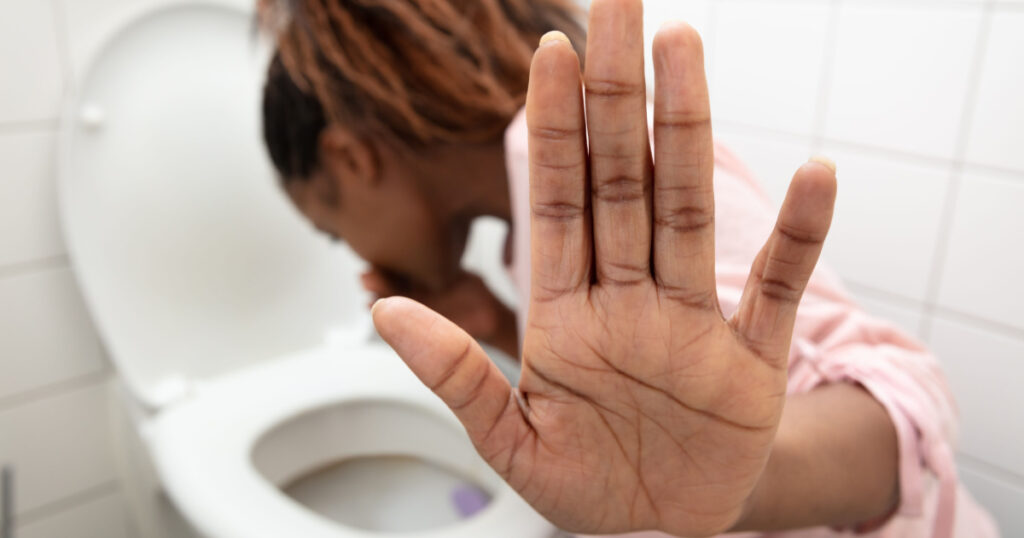
Liver damage can result in a build-up of toxins in the bloodstream. This can lead to feelings of nausea and general discomfort. The liver plays a vital role in filtering out toxins, so when it is not functioning optimally, nausea can occur.
3. Pale Stools
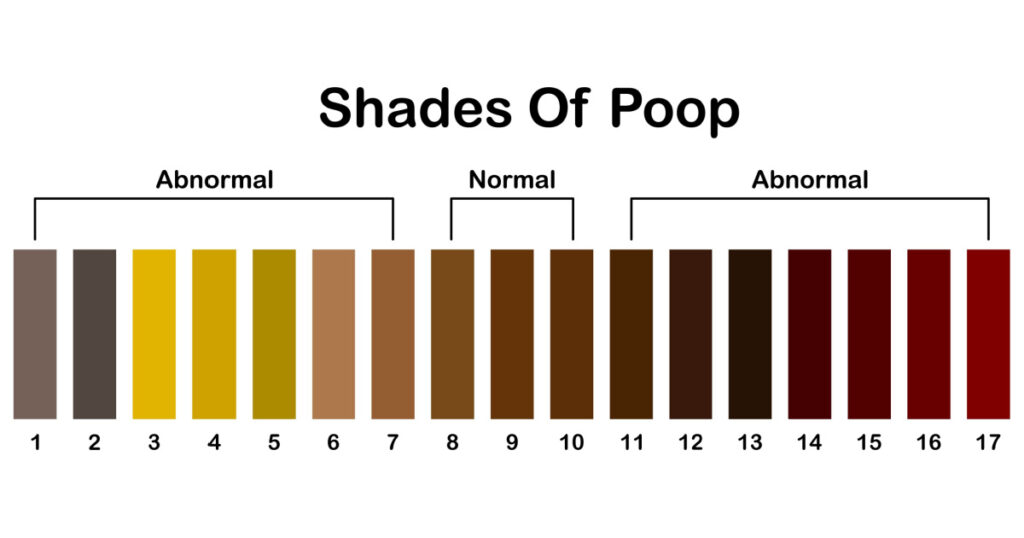
Normally, the liver releases bile salts that give stools their characteristic dark color. If the liver is compromised, the stools may appear pale, indicating a problem with the liver or the biliary drainage system. In advanced liver disease, black tarry stools may also occur, which requires immediate medical attention.
4. Yellow Skin or Jaundice
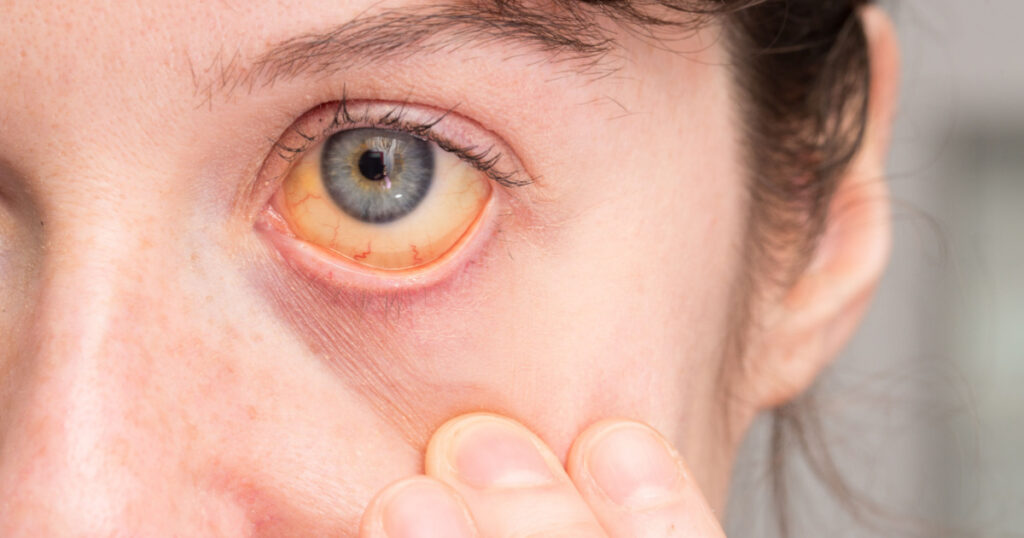
Jaundice is a condition characterized by the yellowing of the skin and eyes. It occurs when bilirubin, a bile pigment, builds up in the blood due to the liver’s inability to process it effectively. Jaundice can also cause itching. This condition requires immediate medical attention.
5. Spider Naevi
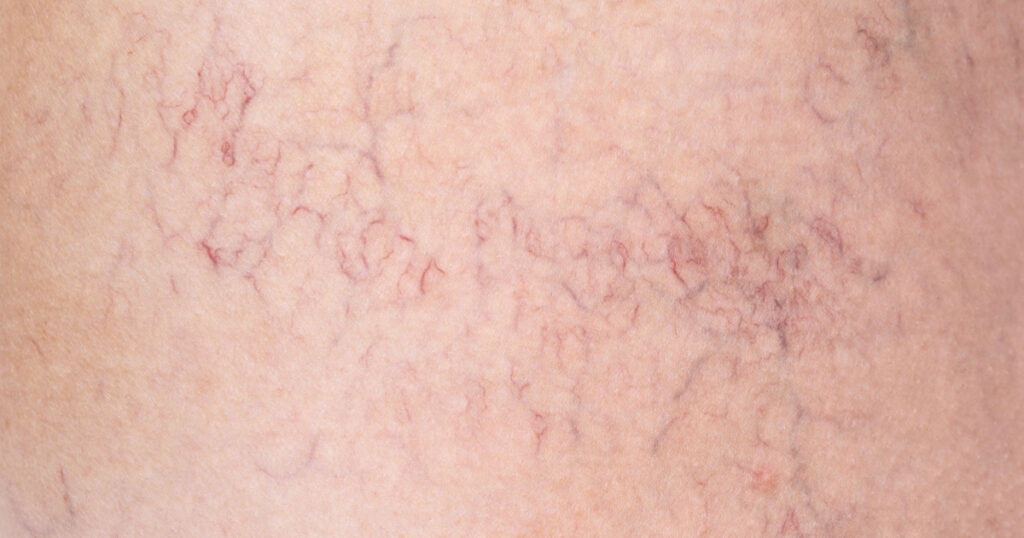
Spider naevi are small, spider-shaped arteries that appear in clusters on the skin. While they can be common in healthy individuals, an increased number of spider naevi (in combination with other symptoms) on the upper half of the body or in men may indicate liver disease.
6. Easy Bruising
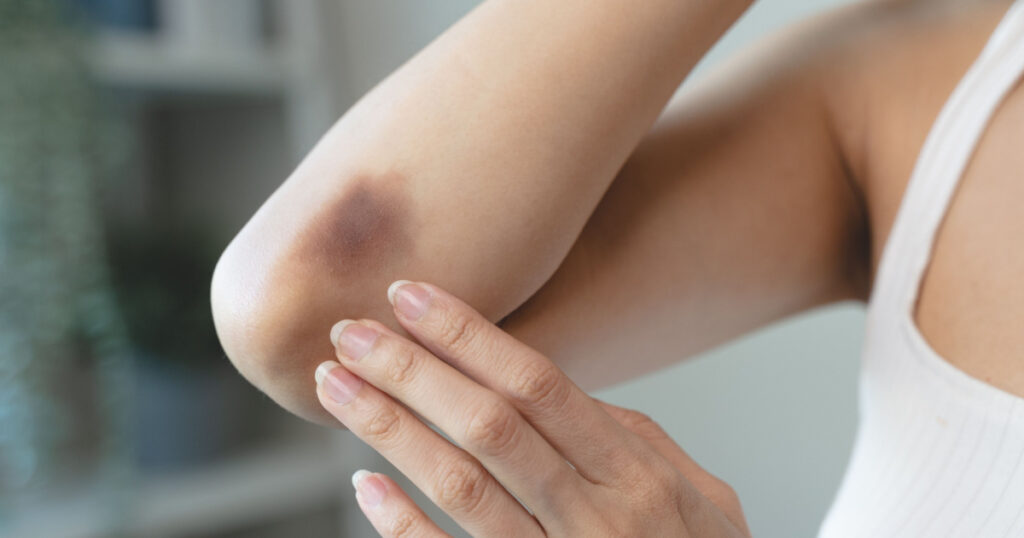
The liver is responsible for producing clotting factors that help prevent excessive bleeding. When the liver is damaged, its ability to produce these factors is reduced, resulting in easy bruising.
Read: 9 Foods That Support Liver Function
7. Palmar Erythema
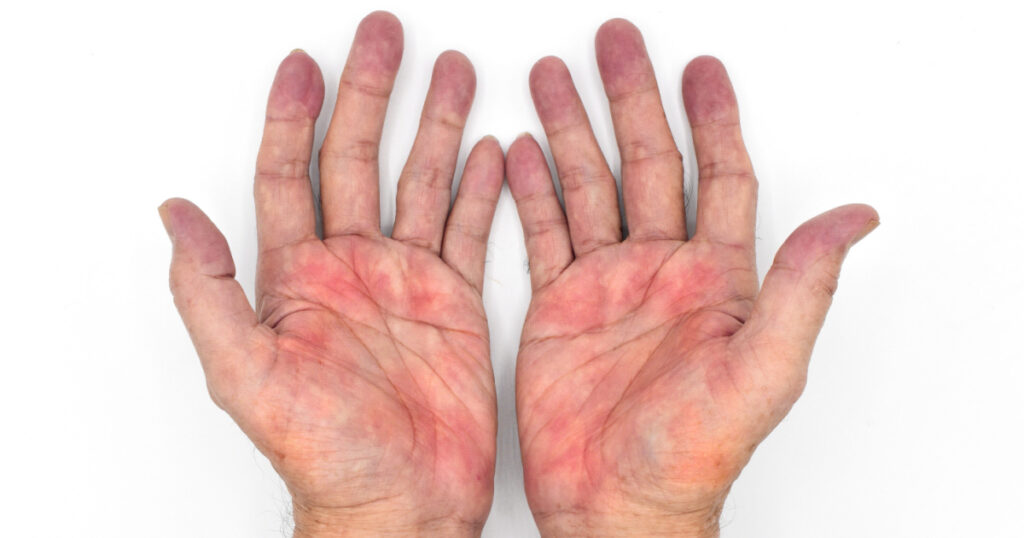
Around a quarter of individuals with liver cirrhosis may develop palmar erythema. This is the reddening of the skin on the palms. This condition is thought to be caused by hormonal changes associated with liver disease.
8. Dark Urine
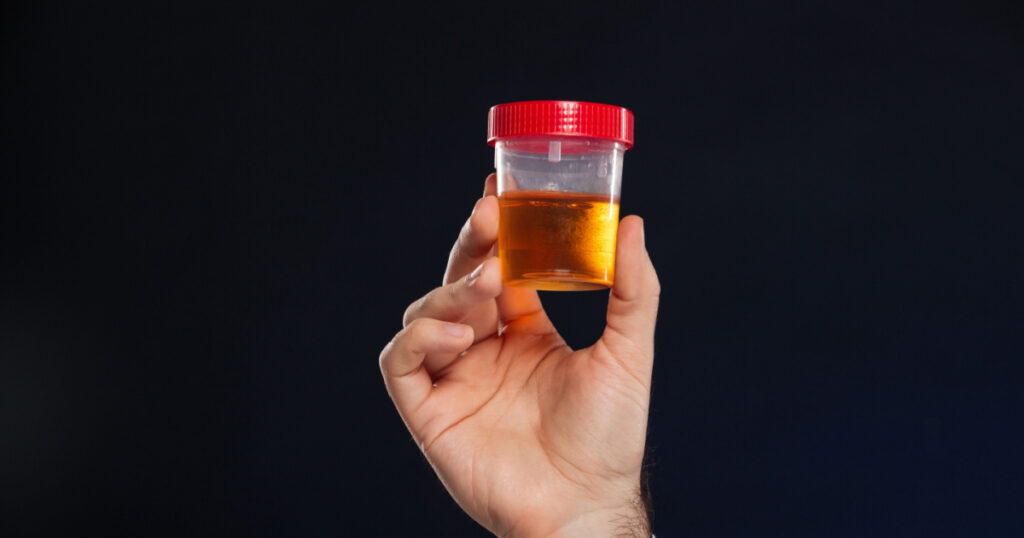
Dark orange, amber, cola-colored, or brown urine can indicate liver damage. The dark color is due to an excess buildup of bilirubin in the body because the liver is not properly breaking it down.
Read: Nurse Gives 8-Year-Old Boy Part of Her Liver in an Amazing Act of Kindness
9. Swollen Abdomen (Ascites)
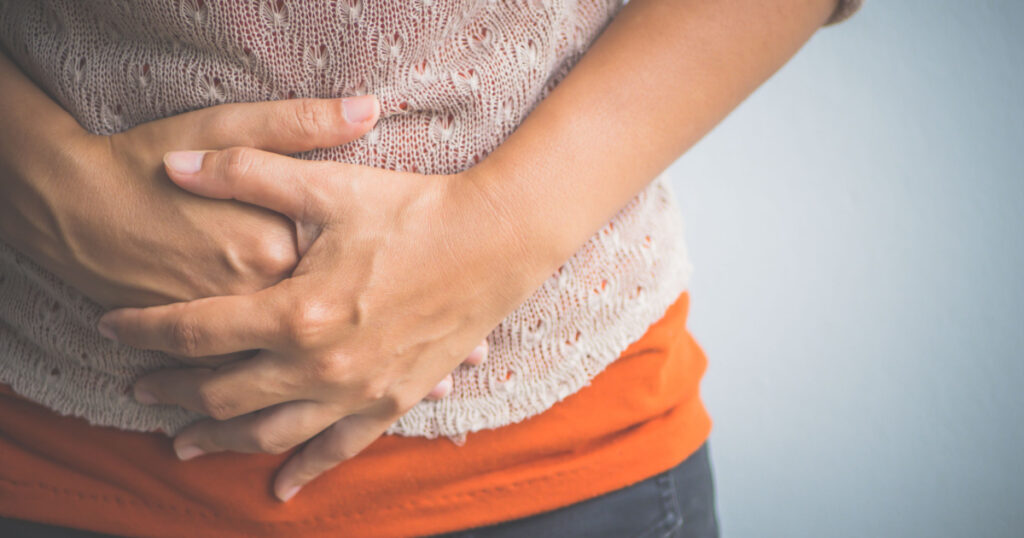
Ascites is a term that describes fluid retention in the abdomen, leading to a swollen appearance. This condition occurs due to liver damage, which impairs its ability to regulate fluid balance. Swelling or fluid retention can also affect the legs and ankles.
Read: B vitamins could help treat severe nonalcoholic fatty liver disease
Protecting Liver Health
As always, prevention is best. There are various behaviors that, while common, can damage your liver. There are also liver-supporting behaviors and things you can do to prevent damage from occurring. To protect your liver and maintain its optimal functioning, follow these guidelines:
1. Limit alcohol consumption

Excessive alcohol consumption is a leading cause of liver damage. Stick to moderate drinking or consider avoiding alcohol altogether.
2. Maintain a healthy diet

Eat a well-balanced diet that includes plenty of fruits, vegetables, whole grains, and lean proteins. Avoid consuming high-fat and processed foods.
Read: How Might Ginger Help with Obesity and Fatty Liver Disease?
3. Stay hydrated
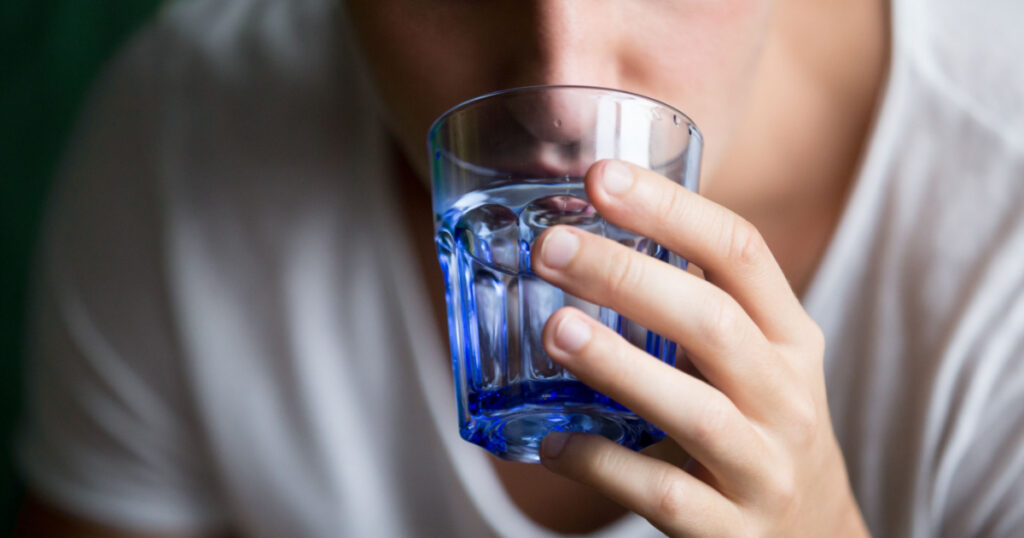
Drink an adequate amount of water to support proper liver function and help flush out toxins.
4. Practice safe sex

Hepatitis B and C are viral infections that can damage the liver. Use protection during sexual activities and avoid sharing needles to prevent the transmission of these viruses.
5. Exercise regularly

Engaging in regular physical activity helps maintain a healthy weight and promotes overall liver health.
Read: How Does Vitamin A Toxicity Impact The Liver
6. Use medications wisely
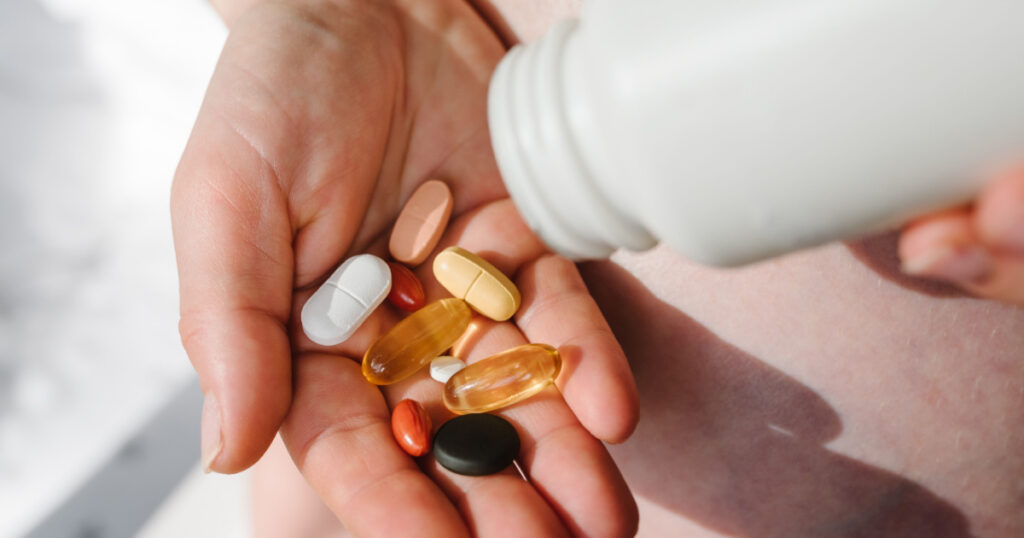
Be cautious while taking medications, especially over-the-counter drugs, as some can cause liver damage. Follow recommended dosages and consult your healthcare provider if necessary.
What to do if you notice signs of liver damage
If you observe any signs of liver damage, it is essential to seek medical attention promptly. Your healthcare provider will conduct a thorough evaluation, which may include blood tests, imaging studies, and a physical examination. Treatment options will depend on the underlying cause and severity of the liver damage.
The Bottom Line
The liver is a remarkable organ with extensive functions crucial for overall health. Understanding the signs of liver damage and taking steps to protect your liver can help prevent complications and maintain optimal liver function. By adopting a healthy lifestyle and seeking medical care if symptoms arise, you can ensure the well-being of this vital organ.
Keep Reading: Fatty Liver: Causes, Symptoms, Treatment & Home Remedies
Sources
- “9 Signs Your Liver may be Damaged.” My Dr
- “What Are Signs That Your Liver Is Not Functioning Properly?.” Medicine Net. Divya Jacob, Pharm. D.
- “Symptoms & Causes of Cirrhosis.” NIDDK
